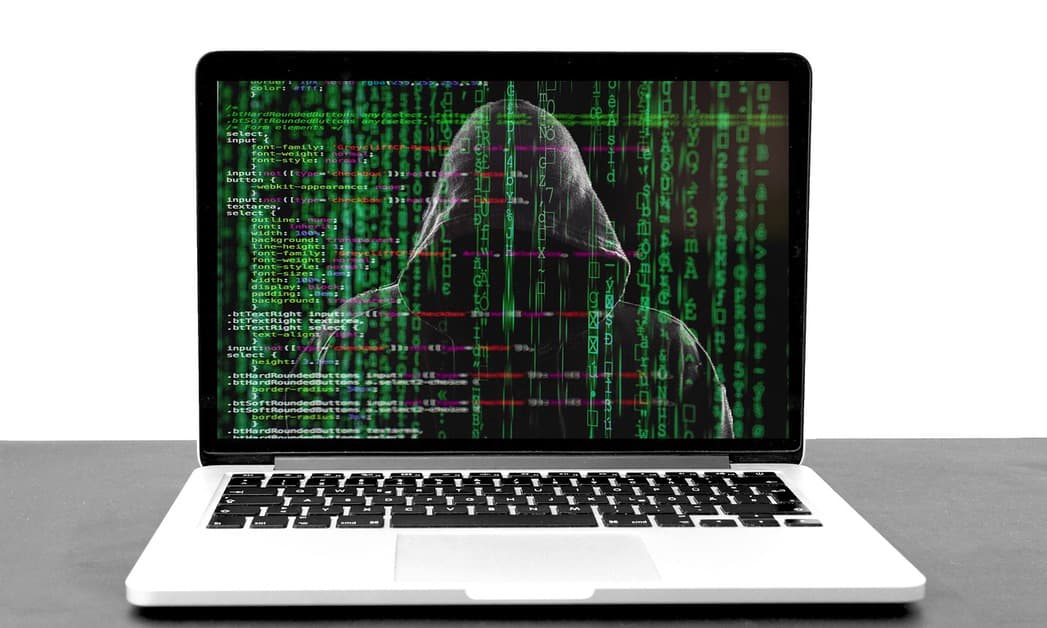Most people tend to think of VPN software as something that only needs to be used on their desktop or laptop to protect their online privacy. However, this line of thinking may be leaving you exposed to a variety of online threats while using your mobile devices. After all, the average person spends around 3 hours and fifteen minutes on their smartphones every day, which leaves plenty of opportunities for someone to find vulnerabilities in your device and intercept your data.
Today, it’s estimated that 5 billion people own a mobile device, with over half of them being smartphones. This makes them a huge target for hackers and cybercriminals, especially when you consider the average persons’ lackadaisical stance on mobile device safety. However, there are some practical steps you can take to better protect yourself against the rising likelihood of online attacks…
How a VPN can help protect your device
For those who aren’t sure what a VPN is, it’s a tool that gives you online privacy and anonymity by creating a virtual tunnel between your device and the VPN server. The encrypted connection provides an extremely high level of security that prevents anyone from viewing your online data and accessing your current location. With that in mind, let’s take a look at some of the ways a VPN can help protect you while using a mobile device.
An extra layer of encryption
These days we use our smartphones for just about everything. They are constantly connected to the internet so we can exchange emails with each other, browse social media accounts, and make purchases online using our credit card details. But have you ever considered what might happen if someone intercepts this data and gains access to your password, financial accounts, or any of your confidential messages?
A surprising number of people incorrectly assume that their built-in phone security is enough to keep them safe from cyber threats since they incorporate a basic level of device encryption. Unfortunately, the fact of the matter is, the built-in Apple data security will only get you so far.
If you really want to encrypt your data and ensure online privacy, then a VPN is an absolute must. Plus, the great thing is, it’s pretty straightforward to get one set up. For Apple users, the best iOS VPN services come with a handy app that makes it easy to enable and disable your VPN whenever you feel it’s necessary.
All it takes is one tap on your phone and you will enjoy max-level encryption as the data that leaves your device will be impossible to read by anyone viewing it. The information is also anonymized so that none of your online activity can be traced back to your device, not even from your mobile phone provider.
Secure your private data when accessing public Wi-Fi
More often than not, when we sit down at a coffee shop or a restaurant, we usually search for a Wi-Fi hotspot that we can connect our phones to. However, accessing open networks or any kind of public Wi-Fi puts your mobile device at risk. How so?
Well, there are many ways hackers use public Wi-Fi hotspots to trick you into handing over your personal data. Some attacks are more sophisticated than others, but most of them involve the hacker sitting between the Wi-Fi hotspot and your device so they can attempt to hijack your data.
However, no matter what method the hacker uses, all of them are thwarted utilizing a VPN. As soon as you turn it on and your data becomes encrypted, there is no way for anybody to decipher the data you send and receive. If you’re the type of person that frequently connects to this sort of network, a VPN is an absolute no-brainer if you want to reduce the risk of compromising your personal data.
Access corporate files while working remotely
It’s predicted that 36.2 million Americans (22% of the workforce) will be working remotely by 2025, according to the freelancing platform Upwork. Unfortunately, as a natural side effect of this trend, more confidential corporate data will be at risk than ever before. This is because the online security level when using a personal device is usually much lower than it would be when sitting at your desk at work – especially if employees are connecting to Wi-Fi hotspots in public places.
Again, a VPN circumvents this issue as you can safely and securely access private corporate files using your mobile device. You will be able to create a secure connection to your work server, even if you’re sitting in a coffee shop on a public Wi-Fi hotspot. Additionally, with most VPN providers, you can choose what server location to log in from, so even if you’re in a different country, you will still be able to access your work server.











Leave a Reply